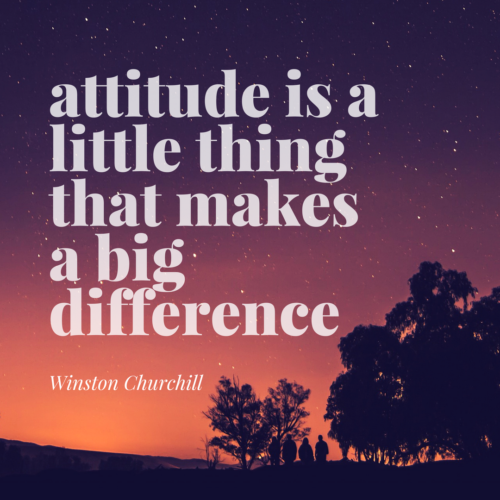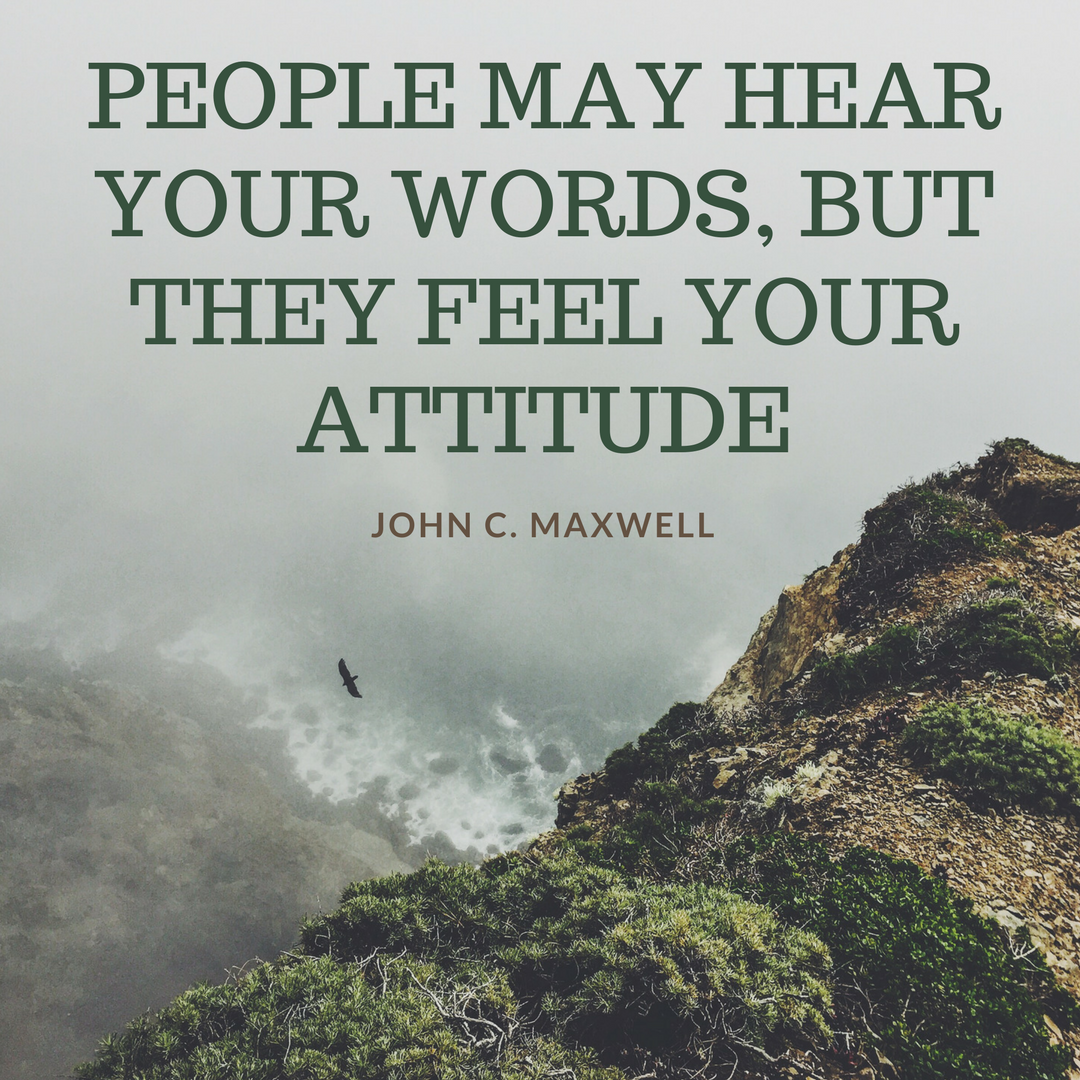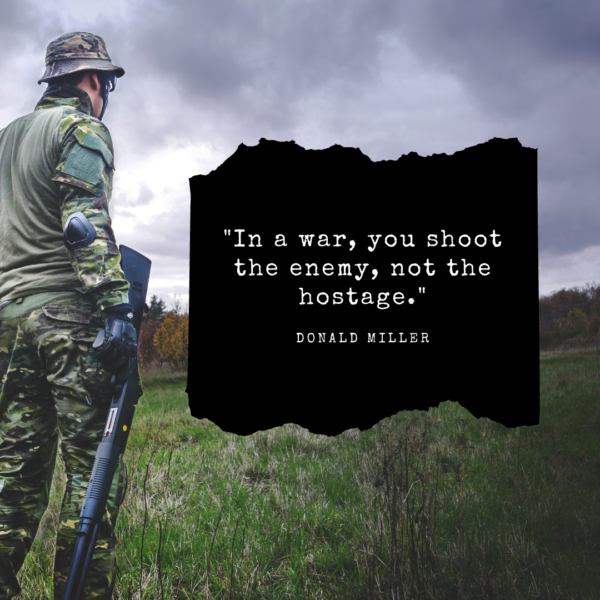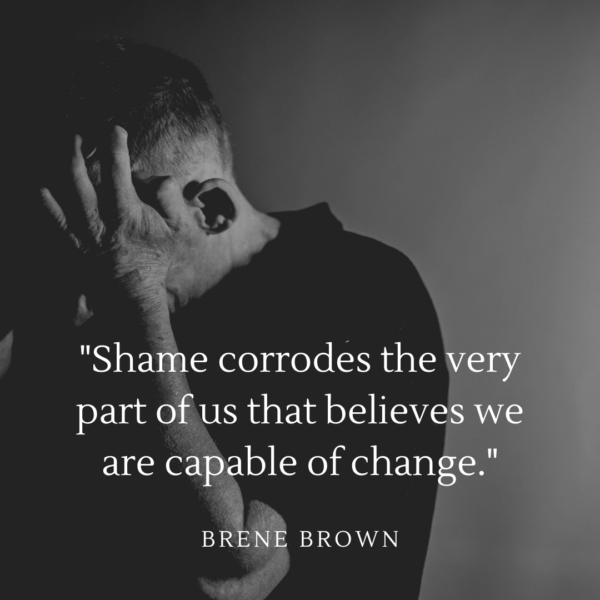How is Your Attitude Impacting Celiac Advocacy?
As an Amazon Associate and member of other affiliate programs, I earn from qualifying purchases.
Truth. Living with Celiac Disease can be tough. However, our attitude towards it impacts our Celiac Disease journey. Do you face this diagnosis with a positive or negative attitude?

Controlled Vs. In Control
Sometimes gluten free Facebook groups are full of negative attitudes. Laments of what products they can’t find. Pictures of bloated bellies or bread with holes. Even negative replies to someone else’s new found favorite food. And SO MUCH food shaming, which needs to stop. Sometimes we can be the negative Nancy’s society paints us as.
I’m not saying this disease can’t be frustrating. And sometimes we do need a place to vent where others will understand. However, we also need to help people embrace, as Shirley Braden puts it, the new health they can have. Or as Curtis Zimmerman puts it, the unexpected lessons that our Celiac Disease diagnosis can teach us.

The Downide of Social Media Community
Many of us used to go to Celiac Disease support group meetings. That’s where we’d talk about our frustrations. In community. Face to face with actual people with whom we would interact. Now we belong to online Facebook groups, where we have distance through a computer screen. Where we attack others for eating foods that have high-fructose corn syrup or slam them for eating foods with genetically modified organisms.
Somehow that lack of face-to-face interaction has made us forget we’re talking to ACTUAL PEOPLE. Making untrue or hurtful statements are so much easier through a keyboard. Worse, online communities can force us out because they don’t want to hear an alternate side. Because there’s no relationship built, no depth of trust. It’s sad.

Who’s Our Real Enemy?
There’s a quote I love from Donald Miller. It’s a theological quote, but I find the last sentence appropriate in this situation. “This battle we are in is a battle against the principalities of darkness, not against people who are different from us. In war you shoot the enemy, not the hostage. (Pg 191, Searching for God Knows What, Donald Miller)”
Sometimes I wonder if the Celiac Disease community has become its own worst enemy. Some days, we’ve become this angry mob, ready to attack. Eager to publicly highlight those with whom we have disagreements. We fight over beer and cereal and make snarky remarks on Twitter. For God’s sake people, we’re better than that.
Instead, of fighting each other, we should be focusing our bigger issues. Generating attention on better education of doctors and patients. Making sure companies follow FDA rules to keep our food safe. Bringing to light the issues of food insecurity and the lack of gluten free options. There’s so much more we can do together, than divided.

BUT SOMEONE IS WRONG ON THE INTERNET!
Some times I’ll hear my husband typing franctically on the computer. When I ask who he’s writing to, he responds, “Someone is wrong, on the internet.” What should our Celiac attitude be towards untruth? I know that there are those out there that share posts that have misinformation. What should be our reaction? I feel our first response should be to educate, not humiliate.
Talk to them privately over email or direct message. Maybe you can bring awareness to them and their readers. Attacking and mocking and arguing will not get us to our goal. After all, it may be someday that we are the one in the wrong. We may be the one that needs to listen to a gentle word to redirect our path.
Are Diagnosis Rates Impacted By Our Poor Attitude?
One more thing about having a negative attitude towards Celiac Disease. Have you ever considered it could be hurting diagnosis rates? If we complain all the time about how hard life is or how bad something tastes, might that impact how others approach getting help? If all we share are the bad things, why would anyone want to live that kind of life?
I’ve heard people state their family members who refused to get tested because they refuse to give up certain foods. We should be showing others how life can be so much BETTER. Not by highlighting how crappy it can be. I love this article from Amy Burkhart R.D. about the Ten Positive Aspects of a Celiac Disease Diagnosis.
Maybe We All Need a Pep Talk
Celiac Disease can be frustrating. However, let’s try to use that frustration to bring about real change. Not just for us, but for everyone. Think of those who are undiagnosed that need us to stand up for better testing. For more funding for research. For the simple rights to be treated with dignity in public. Did you know Celiac Disease is afforded legal protection under the ADA?
Living with Celiac Disease can be hard. Dining out can be frustrating. Finding safe food can be frustrating. Mistreatment from others can be frustrating. So let’s try to find the silver linings in our diagnosis. Whether it’s been companies we’ve come to love, or people we wouldn’t have met otherwise, let’s try to show the world living with Celiac Disease isn’t the end of life. It’s just the beginnning.
How has your attitude towards your Celiac Disease diagnosis changed over the years? How has it changed who you are as a person? (I love Casey the College Celiac’s article on how it’s helped make her a better person.) Please feel free to share your thoughts below.

Love this! You have such a way with putting things eloquently. I love your passion for keeping all celiacs safe and doing things he correct way!
Dear Amanda,
Thank you for your kind words. My thoughts may not change anything. But at least people know where I stand.
LOVE this Margaret! I definitely understand when people have a bad day and just want to vent about the challenges of celiac disease…but, at the end of the day, that should be the exception and not the rule. I’d be lying to say that celiac disease is easy, but I’d also be lying to say that my diagnosis hasn’t impacted my life in so many GREAT ways. Just like many groups in the world right now, we need more love and less criticism in the celiac community. Thanks for the reminder! <3